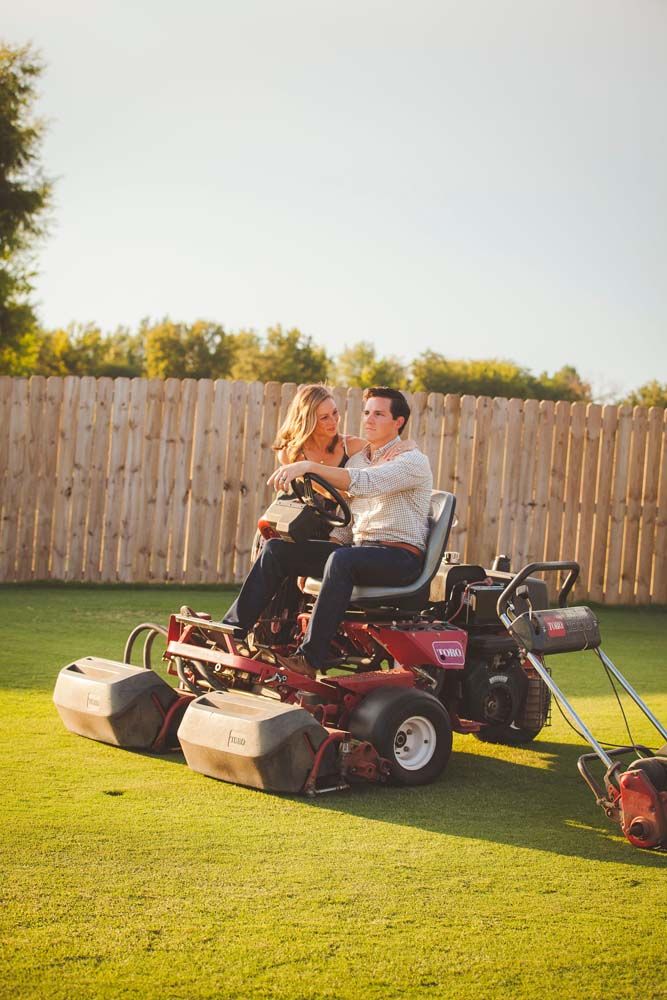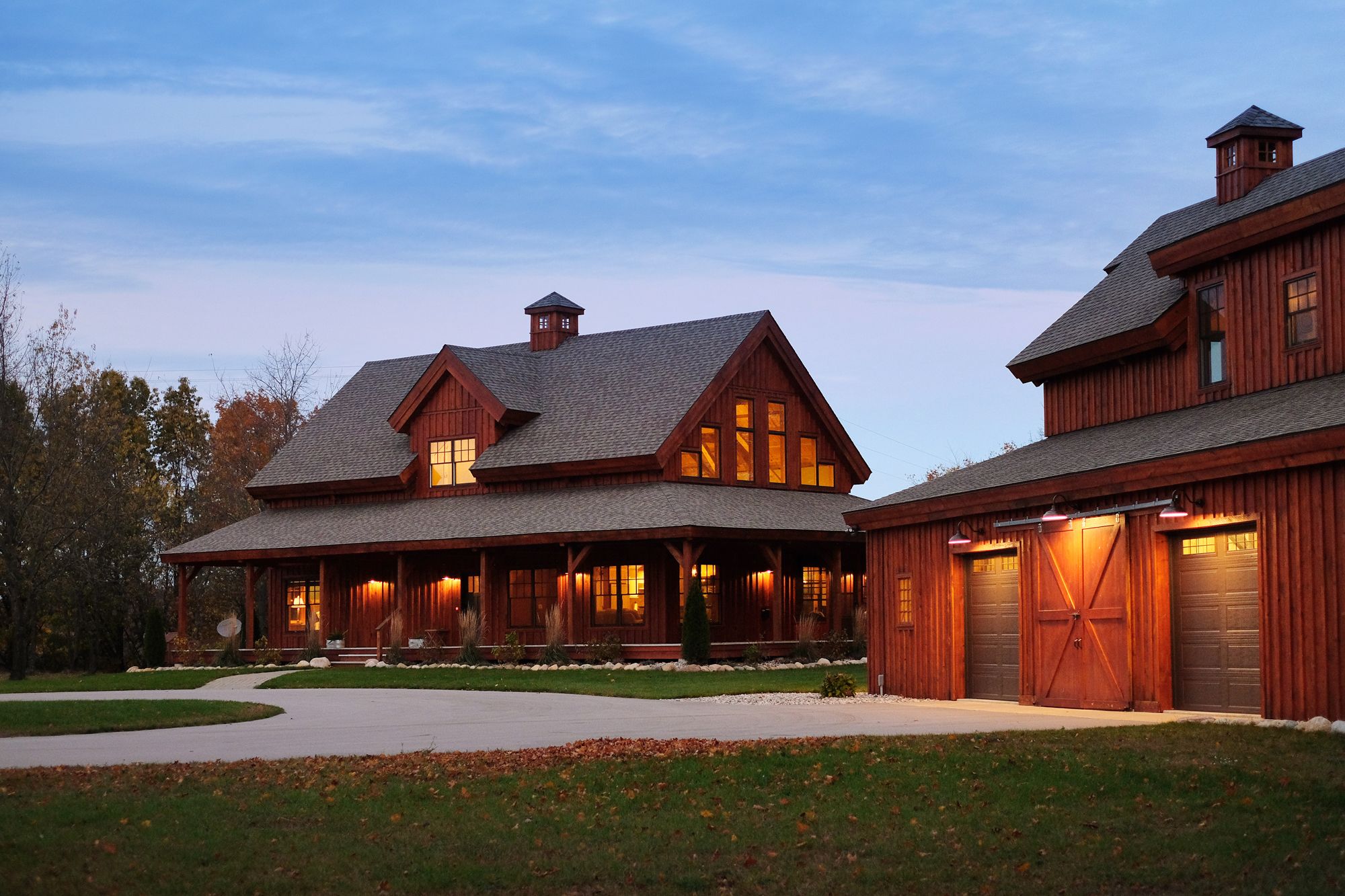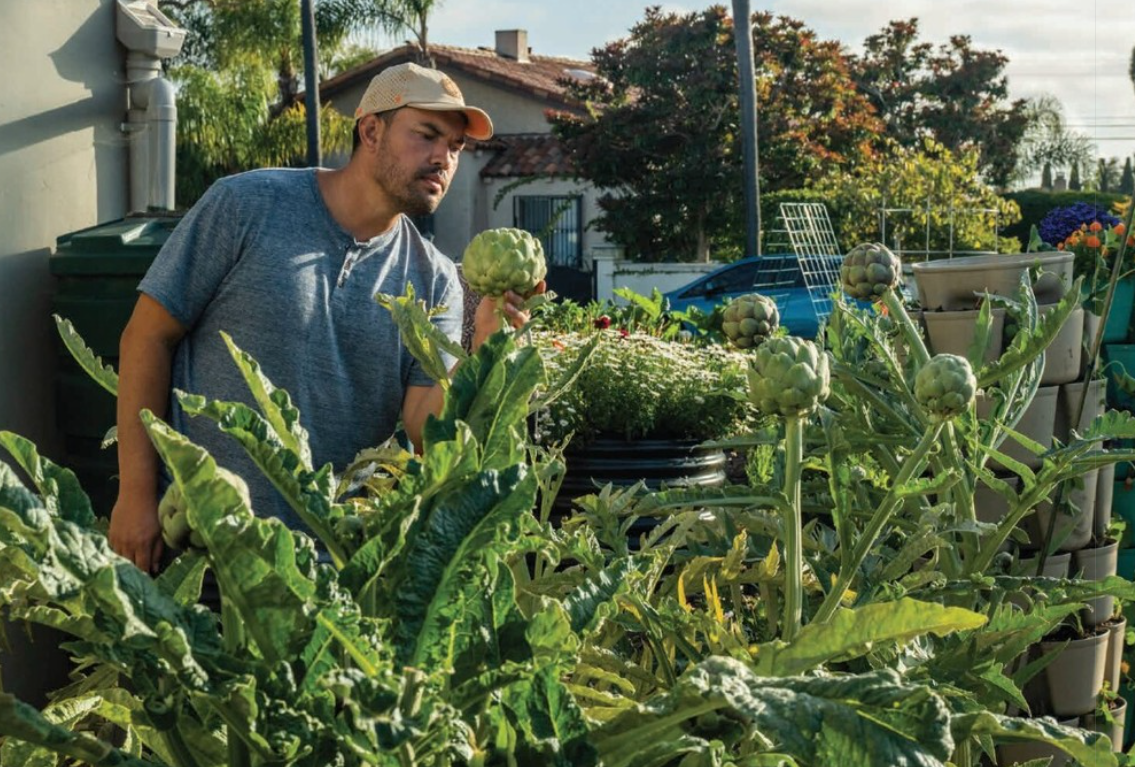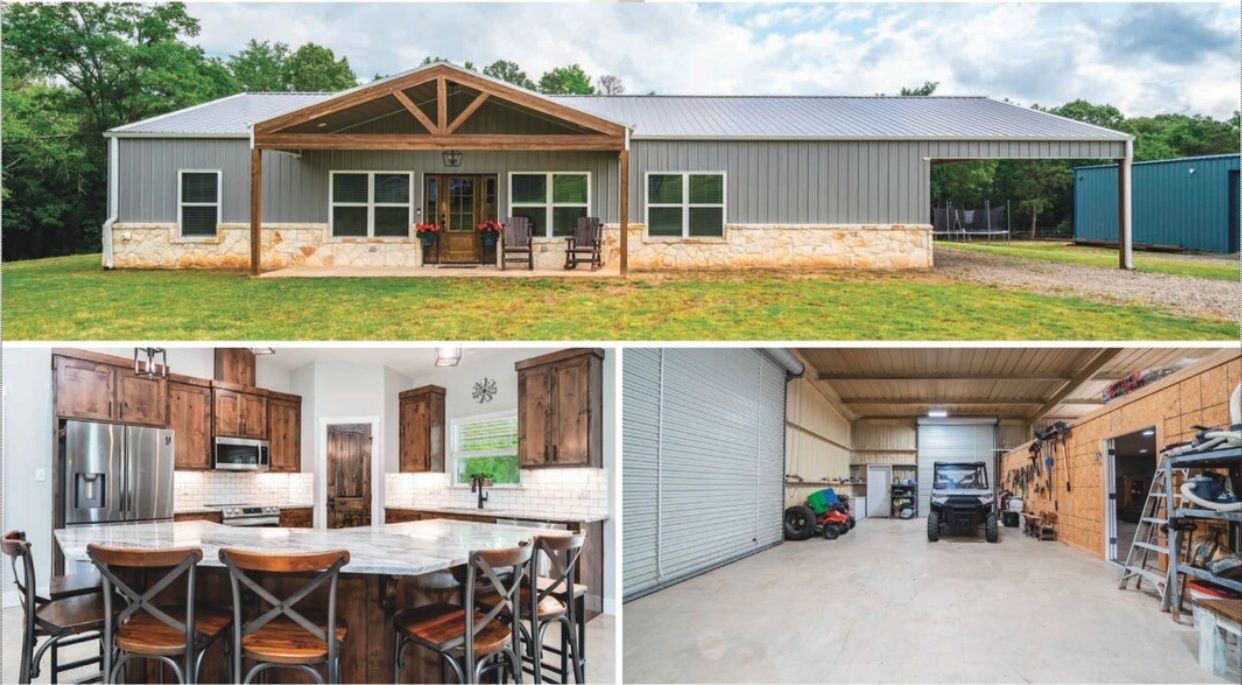Sharing the Land
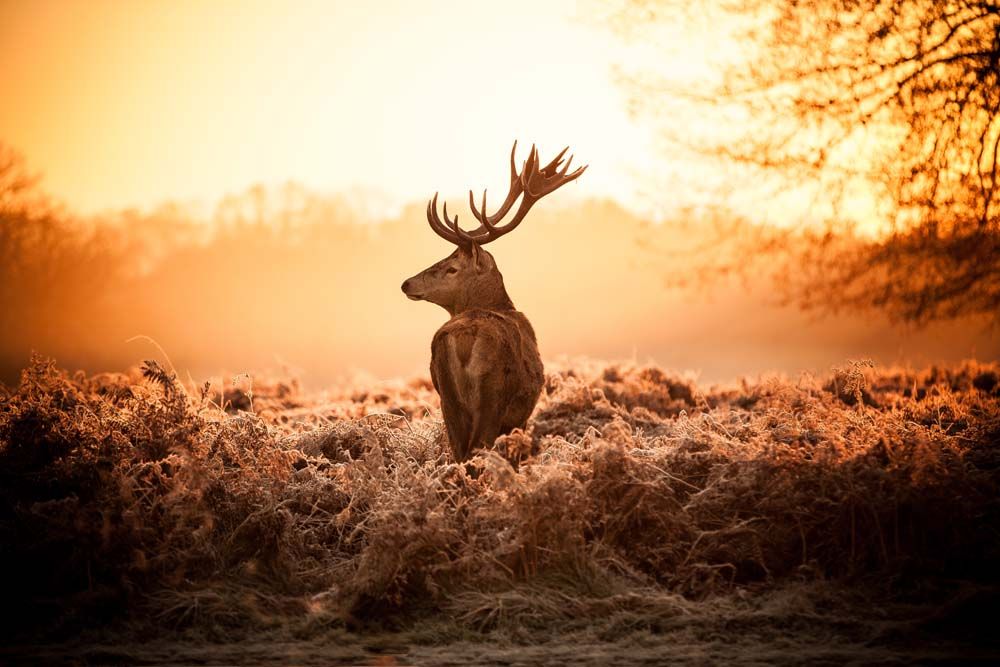

The Midwest is well known for its wildlife: Whitetail deer, waterfowl, pheasants, raccoon, squirrels, and rabbits are just a few of the diverse species that occupy the forests, fields and riparian areas.
With comparatively few public areas compared to the West, most hunting occurs on private lands. Here are a few tips that will ensure that both hunters and landowners are satisfied with the outcome.
Communication
When a prospective hunter asks for permission to access the land, the landowner has the right to allow or deny. They may hunt themselves, have family who hunt, or just prefer that their property doesn’t get hunted.
If the landowner decides to allow access, the first thing to do is go over the property lines.
In the “old” days, paper maps and aerial photos were used, but technology makes it easier to show exact boundaries via GPS. Mapping software such as OnX shows the boundaries, legal description and landowners, right on a smartphone. Even a smartphone’s default maps can show a bird’s eye view of the land.
There may be areas that are off-limits. Communicating with the hunter is important to show where they do not have permission. In addition, discuss vehicle access. Proper parking areas, places where no vehicle access is permitted, and travel routes are important parts of the hunting experience.
Time of season can also be limited by the landowner. They may want the first week of the gun deer season to fill their tag, while allowing access for the next week of the season to a hunter.
I’ve found it’s often easier to gain access for bow hunting during the late archery season, in December, over the beginning of the season.
Other hunters may want permission on a property as well. As a landowner, the easiest way to eliminate friction between the parties is to share everyone’s contact information. Let the hunters work it out for themselves and make it very clear that if there is conflict the access may be very well revoked.
On one piece of land where I have exclusive access for fur trapping, the landowner was asked by another trapper for access to pursue fisher. In North Dakota, fisher trapping season is a mere 6 days. Even though I also target fisher, I realize how difficult it is to get access. The new trapper and I found a location he could trap, that has a good amount of fisher, and will not affect my trapping. Sharing and communicating is essential and it feels good to share the land with another outdoorsman.
A major problem for landowners is giving permission to one hunter, and then finding five other hunters on their land. Make it clear to the hunter who has access and that it’s not a blanket permission for all their buddies.
One year my buddies and I asked a landowner in North Dakota for access to hunt the ducks and geese that were flocking to his massive, harvested grain fields. Standing in his yard, we scrolled through my phone, and he pointed out areas where we couldn’t hunt. For the most part, he didn’t want us hunting near the farmstead and shooting in the early morning hours. He also didn’t want us driving through the yard, disturbing the dogs and shining lights at the house. Understanding his concerns completely, we agreed to hunt from a hill a few miles from the house.
The next morning, we enjoyed a fantastic hunt, bagging ducks and sandhill cranes. Getting access to the private land, and agreeing on the landowner’s desires, resulted in a hunt for the ages.
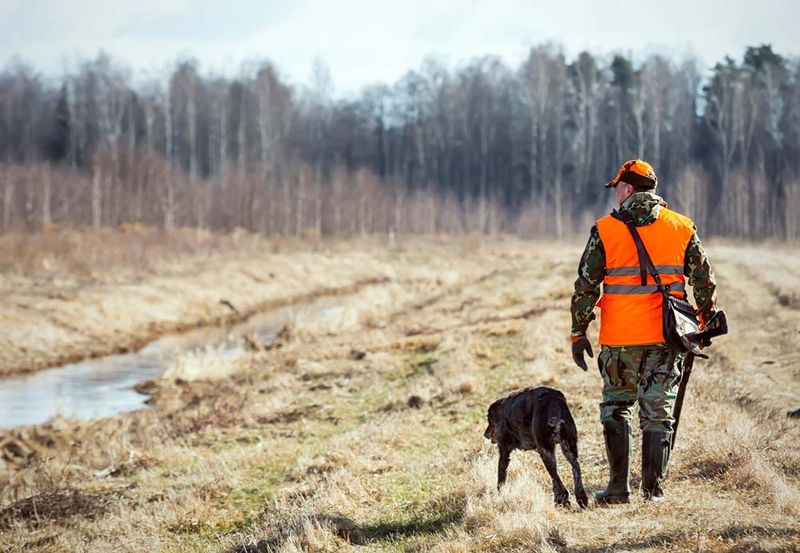
Species
Another aspect of land access is determining what species can be hunted. A landowner may not care if deer are taken but wish to keep the pheasant hunting for his family. Discuss this early in the conversation.
When I was in high school, my uncle gave me permission to hunt his farm on the condition that I only target antlerless deer. As I was just beginning to bow hunt, I had no problem with agreeing to only target does. I had some very memorable days afield at his farm, including harvesting my very first archery deer.
I’ve gained access to heavily posted land after the upland and deer season had closed. The landowner didn’t want anyone hunting pheasants or deer, but once those seasons had closed had no issue with me hunting rabbits.
As a fur trapper, I often gain access to land that is otherwise closed to others. Landowners who would never dream of allowing access for deer or turkey welcome me with open arms to harvest raccoon, coyote, striped skunk, and red fox. As a caveat to access, however, there are usually areas that are off-limits for human disturbance as well as times of the day I need to check my traps. Checking at first light, when the landowner is hunting deer, is a good way to get asked to leave the property.
Get it in writing
In North Dakota where I live, fur trapping on private land requires written permission. Even when it is not required, written permission is a great idea, both for the sportsman and the landowner.
Spell out everything agreed upon and have both parties sign and date the documents. Make sure each party has a copy.
Liability
Legal liability varies by state. In Minnesota, for instance, if a person is allowed access without being charged money for the privilege, the landowner is generally not responsible or liable for any injuries or damages sustained while on the land, according to Minnesota Statutes chapter 604A. North Dakota has similar protections for landowners.
To cover every base, some landowners prefer to have a liability waiver drafted and signed by each hunter.
The landowner should inform the sportsman if there are any dangers or safety hazards on the property: Identify open wells, burn pits, abandoned cisterns, or other dangers hidden from view.
Every year is different
A landowner should expect the hunter to ask for permission every year. Land ownership may have changed, a youth may have gotten old enough to begin hunting, or another hunter may be asked.
Unless explicitly noted, there is no such thing as a lifetime permission. The hunter should expect to ask each year for access to the land.
The hunter’s side
Getting permission to roam private land is a special privilege. Land, whether inherited or purchased, costs money in taxes and payments. It should be treated with the utmost of respect, closing all gates, picking up litter, and following the landowner’s wishes.
The landowner is giving the hunter a gift of access and should be thanked for it.
At the end of each season, a token of appreciation should be given. Many hunters offer a portion of the harvest to the landowner, but some don’t care for wild game. If that’s the case, a gift card to a restaurant, a fine bottle of wine, or some other expression of gratitude should be offered.
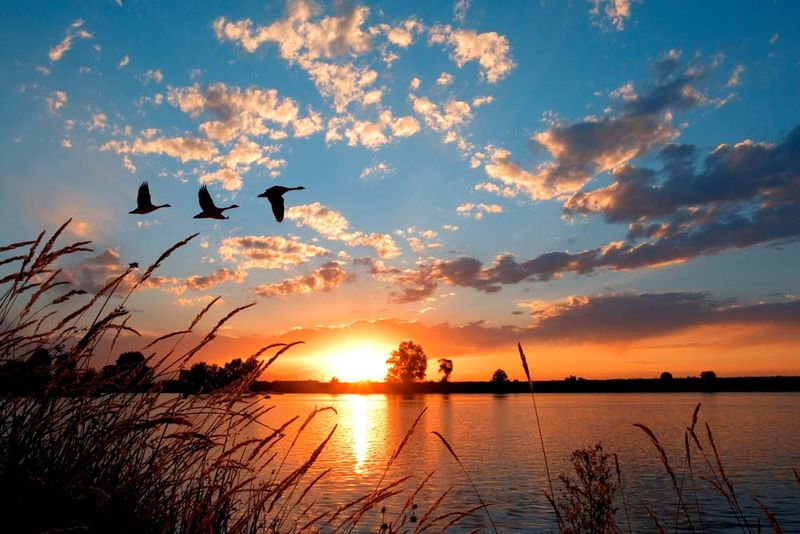
CAPTIONS FOR ANY PHOTOS USED:
Duck hunter on a slough
The author in a private forest, after receiving permission
A trapper can help a landowner with nuisance animals for free
Hunters can hunt only when the landowner wants and with identified weapon, like a late-season archery doe only hunt
CHOOSE ONE, MOST LIKELY
Face-to-face interactions are best for both parties
Using phone mapping software ensures ownership boundaries are understood
It’s also advantageous to point out boundaries in person as
Tags:Country Living

Acreage Life is part of the Catalyst Communications Network publication family.








